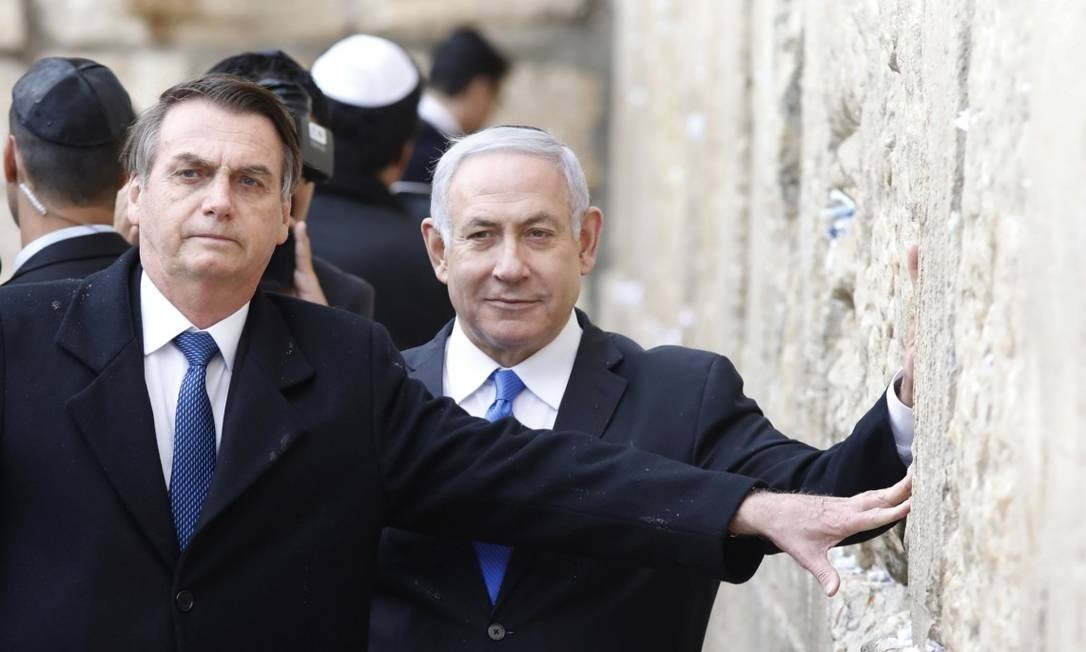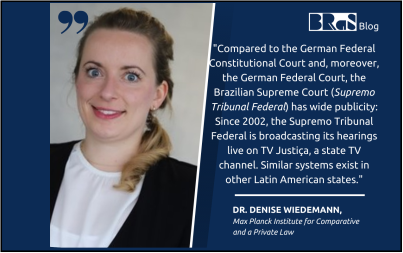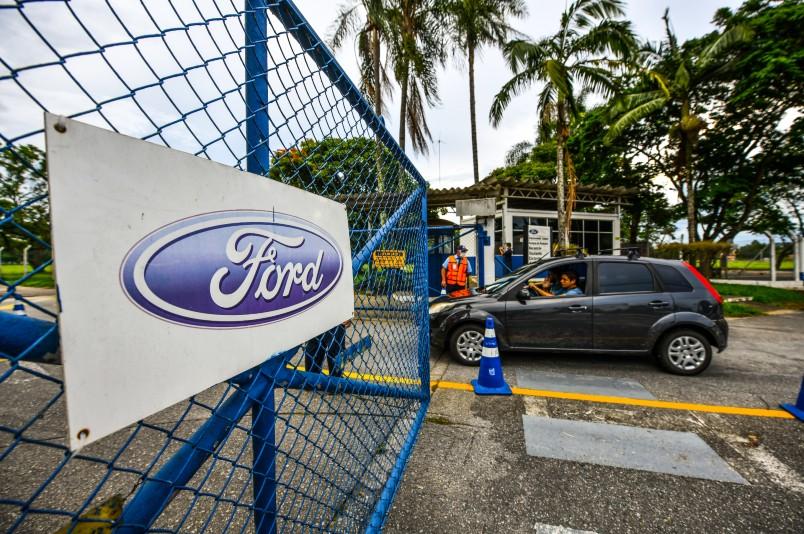Vol. 2 Num. 1
Christian fundamentalism and the Israeli flag in Bolsonaro’s Brazil
Christian Zionism was unnoticed in Brazil until the 2018 presidential elections. The candidate for the presidency of the Republic, Jair...
Language and concept: what is not noticed in Brazil’s 1988 Constitution
The 1988 Constitution is a milestone in the Brazilian journey towards a Democratic State that ensures the exercise of social...
Interview: Dr. Denise Wiedemann
Edited and reviewed by Anna Paula Bennech and Matheus Hebling. According to Dr. Denise, "While child marriage rates have declined...
Ford of Brazil: A foreshadowed farewell
2021 started with a shock for the Brazilian industry. After more than 100 years of operation in Brazil, Ford Company...
Introducing BRaS Blog Interviews – the door is open, come in!
BRaS Blog opens its doors to scholars and students. We want to listen to different voices, viewpoints. Also, diverse research...
Pro-Trump mob against the US Capitol come as a blunt warning to Brazil under Bolsonaro
The ones who are alive witnessed history being made on 6th January 2021. On this day, one of the eldest...
The increase in the virtual access to justice in the algorithmic society
Democracy requires that citizens are not treated in the same way that experts treat them in their respective technical deliberations,...









